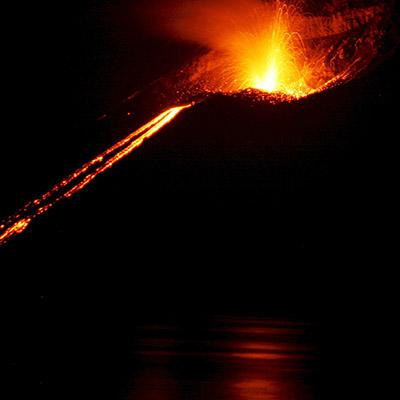Cornell University's Bachelor of Science in Earth and Atmospheric Sciences equips students to tackle critical global challenges like climate change and natural disasters. The program features small class sizes, dedicated faculty support, and a wide range of electives and extracurricular opportunities. Nestled in the picturesque landscape of upstate New York, Cornell offers an exceptional setting for the study of environmental sciences.
What are the concentrations within Earth and Atmospheric Sciences?
- Climate Science: The climate science curriculum focuses on the scientific study of climate behavior and its practical applications. It addresses critical issues such as how human activities are altering the climate system, the evolving hazards resulting from climate change, and the potential impacts of proposed mitigation strategies.
- Environmental Sciences: Environmental issues often involved complex physical, chemical, and biologic interactions among air, water rocks, and soil, and therefore typically require multidisciplinary approaches to address effectively.
- Geological Science: Geological science explores the processes behind Earth's origin and evolution, its relationship with the solar system, and its internal structure and composition. It also plays a vital role in addressing societal needs, such as the sustainable use of natural resources, environmental preservation, and the study and mitigation of natural hazards like earthquakes, volcanic eruptions, and landslides.
- Ocean Science: Ocean science is a broad field that includes four key subdisciplines: marine geology, marine chemistry, physical oceanography, and biological oceanography. These areas are deeply interconnected, with significant disciplinary overlap. While the concentration in Ocean Sciences covers aspects of all four subdisciplines, it is typically designed to focus more heavily on one area, depending on the student's interests or research goals.
Program Overview:
The EAS program is inherently interdisciplinary, integrating various fields of science and engineering. Relevant engineering disciplines include civil and environmental engineering, biological and environmental engineering, mechanical and aerospace engineering, and electrical and computer engineering. Through this program, students engage in education and research that equips them to pursue competitive careers or advanced study at leading institutions both domestically and internationally. By exploring the complex interactions among the ocean, solid earth, atmosphere, and biosphere, students contribute to addressing society's growing needs for energy, minerals, and clean water, while also playing a role in mitigating the adverse effects of global warming, sea-level rise, natural disasters, and biodiversity loss.
Why is Earth and Atmospheric science important to our world?
Understanding human impacts on our planet provides technologies and solutions for the future. Our graduates will be able to seek careers dealing with energy, mineral and water resources, natural hazards, climate forecasting, and a host of environmental issues through employment in academia, government and the private sector.
For further information about the major:
Director of Undergraduate Studies
Dr. Rowena Lohman
Snee Hall, Room 3210
rbl62@cornell.edu
Undergraduate Coordinator
Annmarie Card
Snee Hall, Room 2102A
ac2666@cornell.edu
